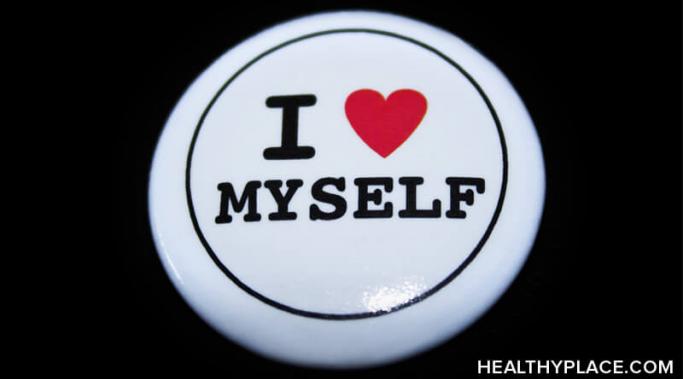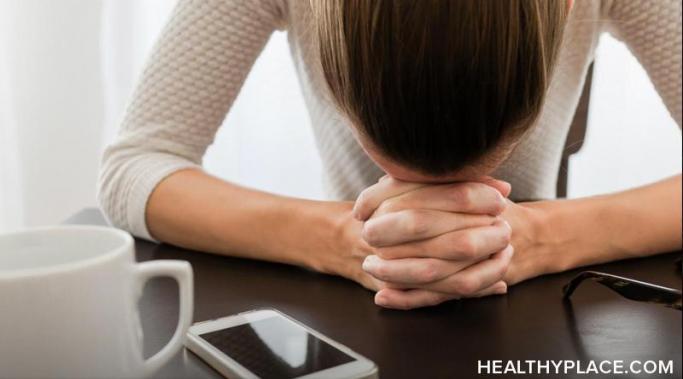Blogs
Creating a plan of action for self-esteem building increases your chance of creating healthy self-esteem. Once you develop both the awareness that your self-esteem is low and the desire to improve the way you think of yourself, you are ready to craft a solid action plan to build your self-esteem.
Capitalism and "hustle culture" (the culture where one feels the need to be working constantly) have turned us into a strange species. Even in the middle of a pandemic, we are putting immense pressure on ourselves, in spite of depression, to hustle and be productive. While I don't think hustling was ever a good idea, I believe it is far worse in today's stressful times.
In the midst of the COVID-19 pandemic, many of us feel insecure, frustrated, and scared. With so many question marks on the horizon, we can't plan for the future. Uncertainty runs rampant as long-term decisionmaking becomes a thing of the past. However, we can learn from these uncertain times, emerging stronger than we were before.
Like many sufferers of binge eating disorder, I struggled with loving my body and other body issues for many years. As a child, I loved food and books and was not a fan of exercise. I was never fat, but I was chubby enough to be teased by the boys at school. As an awkward teenager, magazines taught me how to hate my body.
My therapist tells me that my experiences with sexual trauma have changed my taste in men. I've been complaining that my boyfriend doesn't give me what I need; he doesn't crave intimate conversation as I do, likes to mostly be on his own, and doesn't think much about sex. In short, he hardly considers most of the aspects that I believe comprise a relationship.
While I fully believe we need to be connected to ourselves to heal, I also believe that as a coping strategy, distraction in eating disorder recovery works wonderfully. I have been using distraction to help me get through some of the worst parts of recovery with great success, and in this blog post, I'm going to tell you how.
Getting the dissociative identity disorder (DID) support you need is challenging, to say the least. Living with DID, I hear a constant internal dialogue and must manage the wants and needs of all of my individual personalities, which can be downright exhausting. Needless to say, not everyone on the outside can see what’s happening on the inside, which can make it difficult for me to express how I’m feeling on a regular basis. How do you communicate your own needs to the ones you love to get the DID support you need?
Anxiety feels like different things to different people. I think it is important to talk about anxiety because, even in this day and age where there is more information about mental health out there and it has become the topic of broader conversations, it seems that there is often still a stigma attached. One of the things I have been very passionate about has been talking about what anxiety feels like to me and sharing what I go through, in the hopes that others can relate and can find comfort in knowing that they are not alone.
What does life look like beyond mental health stigma? I get this sense that we only see mental health stigma as this negative cloud hanging over living with mental illness, and then beyond that, it's all sunshine. We look toward that perceived sunshine with eagerness, but what I've discovered is it might not only be sunshine waiting for us.
Are tattoos the same as self-mutilation? Let's face it, tattoos do hurt, and so does self-harm. But does it mean they are the same? Having done both, I can assure you they are unlike each other, even if both are associated with some level of pain.









